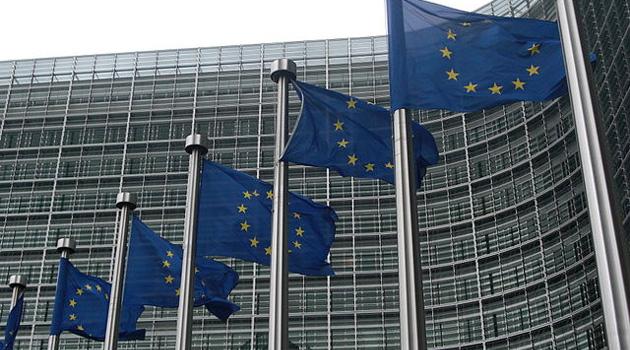Africa-EU summit: Billions in aid to help stop refugee wave

Leaders of European countries meeting in Valletta today signed an agreement to create an EU Emergency Trust Fund for Africa. The European Commission has already allocated EUR 1.8 billion for it.
Further financing will be provided by the EU Member States and some European countries not in the EU-28. The money is meant to aid African countries with addressing the causes of the current migration crisis.
The signing of the fund’s creation began today’s second day of negotiations at the extensive summit of African and European countries on migration. The European states, in parallel with increasing their financial aid, are asking of the African countries not just more of an attempt to address the causes of migration, but primarily more willingness to repatriate their citizens who are not awarded asylum in the EU.
The fund already has EUR 1.8 billion now and additional contributions have been announced to date by 24 EU countires, Norway and Switzerland in the amount of more than EUR 78 million. The Czech Republic has contributed EUR 600 000.
The countries of the Visegrad Group (which besides the Czech Republic are Hungary, Poland and Slovakia) announced today that they will jointly increase the V4 contribution by EUR 400 000. This fund is in addition to existing European development aid, which is already functioning in the region and is allocated to at-risk African countries in complex situation, with an annual EU expenditure of more than EUR 20 million.
Language of the migration discussion must change
"The EU is determined to rapidly respond to the enormous problems the region is now facing. The success of this fund depends on collaboration with other European countries and our partner countries in Africa," said European Commission President Jean-Claude Juncker.
The Commission President told journalists that countries on both sides of the Mediterranean Sea face the same problem. "We must support the nations of Africa, they have bigger problems than we do," he added.
Juncker also said he believes there is a need to change the entire language of the discussion about migration. Hungarian Prime Minister Viktor Orbán, however, did not hold back on his own harsh anti-migration rhetoric even at Valletta.
"There is a need to clarify some basic matters. Here many people continue to believe that migration is something positive. The European experience currently is offering proof that it is not," he said when arriving for the second day of negotiations.
Establishing the trust fund, however, can aid matters in the PM’s view. "The solution to our situation is for people to be able to live decently where they are born and for them to remain there. Without money that can’t be done," he explained.
The measures financed from the fund’s money will be implemented around the Horn of Africa, Lake Chad, North Africa and the Sahel. African migrants most frequently head to Europe from those areas.
Collaboration with Turkey is key
After today’s summit with African countries, EU country leaders in Malta anticipate there will be an informal separate meeting about migration. They will discuss, among other matters, the EU’s attempt to intensify collaboration with Turkey, which is now crucial to Europe from the perspective of the refugee crisis.
Turkey was recently harshly criticized by the European Commission in many areas concerning, for example, freedom of assembly and speech, but the EU has indicated it is willing to aid the country with up to EUR 3 billion. The need for a meeting with African countries has been discussed in the EU since the spring, when most of the migrants sailed across the Mediterranean Sea from northern Africa in particular to Italy.
Ever since then – also as a consequence of the launch of an EU naval operation in the area – the numbers of people taking that route have fallen. For the EU currently the biggest problem is represented by the so-called Balkan migration route, which begins in Turkey.